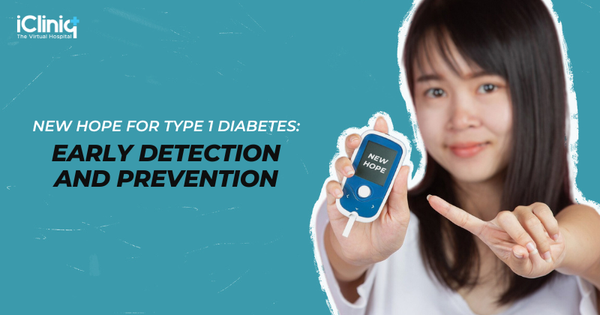Turning Over a New Leaf: Revamping the U.S. Organ Transplant System

Imagine spending months or perhaps years on a waiting list for an organ transplant in the hope that a match would materialize before it is too late, sounds like a nightmare right? Unfortunately, it is an unpleasant reality for many Americans. The country’s almost 40-year-old organ transplant system has long been criticized for being unfair, especially for people of color. However, there is a glimmer of hope. The federal government is working to modernize the system and deconstruct the outdated network to make it more effective, efficient, and fair.
1. Living on the Edge: Human Toll of the Waiting List

In the U.S., 20 individuals succumb each day while awaiting organ transplants. It can take years to win this fight against time. Sadly, the concern affects people of color more gravely. Most of them cannot even make it up to the waitlist. Over 100,000 people bide their time for organ donations which might never happen as we speak. Despite 42,000 transplants taking place last year, the demand persists, and only one in four potential donors contribute. As a result, 6,000 Americans die each year while awaiting transplants. It is high time to brawl the devastating reality.
2. Bias Against the BIPOC: People of Color Face Prejudice in Organ Transplant System

The disparity faced by people of color in the organ transplant network is a cold reality of the 21st-century U.S. BIPOC (black and indigenous people of color) makes up a weighty 60 % of the waiting list when only 35 % of the organs are donated by non-whites. Whilst organs are not matched on the grounds of race, a more likely medical match will be a donor from the same ethnic origin. Compounding the issue is the propensity of black patients to develop renal failure.
3. Breaking up the Monopoly: A Call for Reforming the United Network Organ Sharing

The United Network for Organ Sharing (UNOS) is the exclusive entity in charge of finding organ recipients and donors in the United States. UNOS lists potential matches when an organ becomes available based on compatibility, need, and geography. However, the antiquated system has traded many lives awaiting a lifesaving transplant. According to transplantation specialists, dismantling the UNOS monopoly might significantly alter the system. These changes appeal to a more equitable and responsible organ-sharing system in the U.S.
4. Hope on the Horizon: The UNOS Overhaul

In light of the long-standing criticism and calls for reform, the Health Resources and Services Administration (HRSA) of the U.S. is revamping the UNOS. Recent adjustments made by the HRSA are intended to modernize and improve UNOS’s IT system, expand its database, and increase competition by involving more organizations. In response, UNOS has pledged to work alongside HRSA to implement these reforms, advance their joint objectives of enhancing patient care and strengthening oversight, accountability, and transparency.

So here we have the good news! They are finally doing something about the organ transplant system. An overhaul in the system’s obligations is a silver lining. Let us keep our fingers crossed for a more promising future for organ transplantation in the U.S. and support progressive initiatives to empower healthcare diversity and inclusion.





